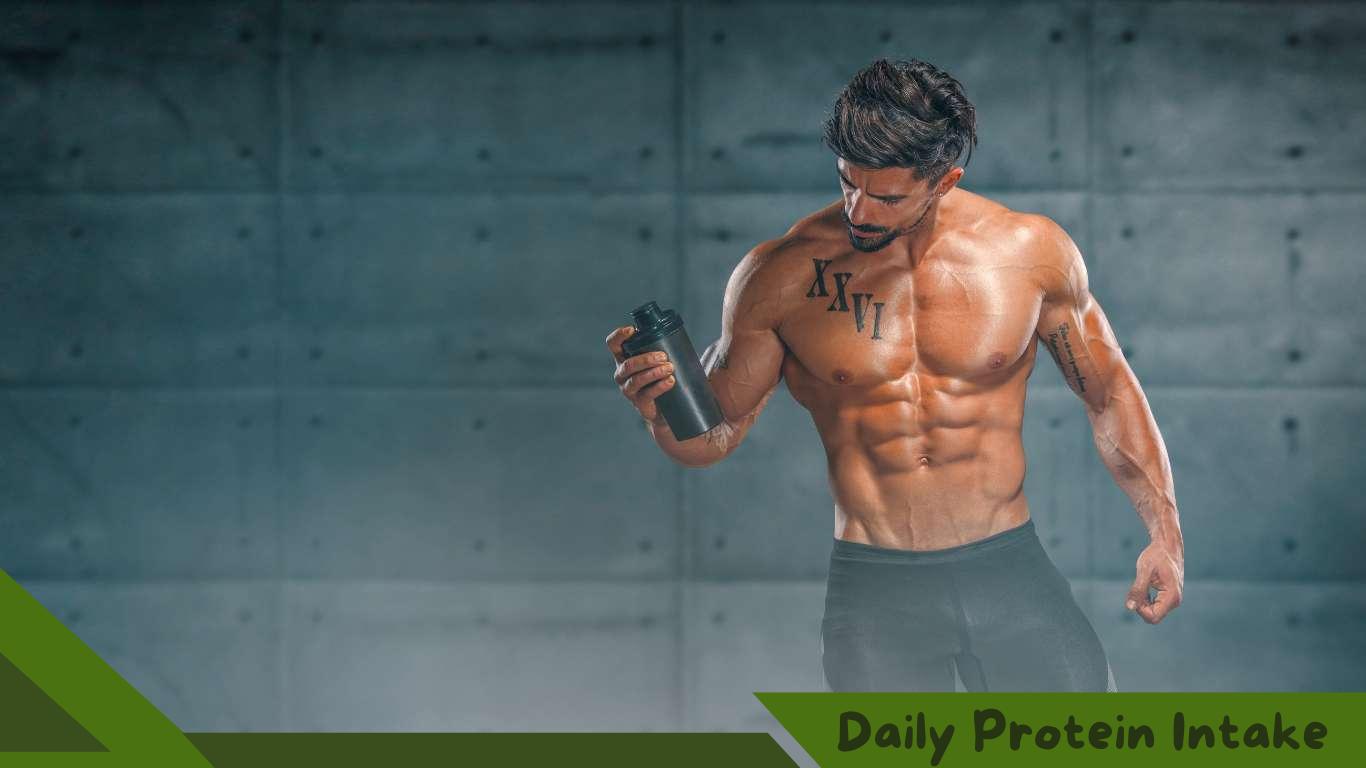Is 100g of Protein Enough to Maintain Muscle? Exploring the Science

Maintaining muscle health concerns many, whether you’re an athlete, a fitness enthusiast, or simply conscious about your overall well-being. One common question is whether consuming 100g of protein daily is sufficient to keep your muscles in top shape. In this article, we will dive into the intricacies of protein intake and its correlation with muscle preservation.
Understanding Protein’s Role in Muscle Maintenance
To comprehend whether 100g of protein is enough, it’s crucial to recognize protein’s fundamental role in muscle health. Protein comprises amino acids, the building blocks for muscle repair and growth. When you engage in physical activities that stress your muscles, whether through weightlifting, jogging, or even daily tasks, microscopic damage occurs within these muscle fibers.
Proteins swoop in like diligent construction workers, repairing and reinforcing the damaged fibers and enhancing muscle growth and strength. This process relies on a consistent supply of amino acids directly influenced by your protein intake.
The Science Behind Protein Requirements
Research suggests protein needs vary based on age, activity level, and overall goals. While the recommended dietary allowance (RDA) for protein is around 0.8g per kilogram of body weight, there might be better options for those aiming to maintain or build muscle mass.
For individuals actively involved in strength training or endurance activities, protein requirements tend to be higher. The general consensus among fitness experts is that 1.2g to 2.0g of protein per kilogram of body weight is more appropriate. This means a person weighing 70kg might need anywhere from 84g to 140g of protein daily.
Is 100g of Protein Enough?
Returning to the initial question, can 100g of protein suffice? The answer depends on several factors. If you’re an average adult with minimal physical activity, 100g of protein might meet your needs. However, if you’re engaging in regular workouts, especially those focused on muscle gain, 100g might need to catch up.
It’s important to note that individual responses to protein intake can vary. Some people are more efficient at utilizing protein for muscle repair. In contrast, others require more information to achieve similar results. The timing of protein consumption throughout the day can also impact its effectiveness.
Maximizing Muscle Maintenance
While the focus is often on the quantity of protein, the quality of protein sources should be considered. Opt for lean protein sources such as poultry, fish, eggs, dairy, legumes, and tofu. These sources provide a well-rounded amino acid profile, enhancing the muscle repair process.
Furthermore, distributing your protein intake evenly throughout the day can be advantageous. This practice, protein pacing, ensures a consistent supply of amino acids for your muscles. Aim to include protein-rich foods in each meal and snack.
The Importance of Regular Exercise
While protein intake is a critical factor in maintaining muscle mass, it’s important to emphasize the role of regular exercise. Engaging in physical activities challenging your muscles is essential for muscle growth and overall health.
Strength training exercises, such as weightlifting, resistance band workouts, and bodyweight exercises, stimulate muscle fibers, prompting them to adapt and grow stronger. Cardiovascular exercises, on the other hand, enhance blood circulation and promote the efficient delivery of nutrients, including amino acids, to your muscles.
Combining an adequate protein intake with regular exercise forms a powerful synergy for muscle maintenance and growth. It’s not just about how much protein you consume but how effectively your body utilizes it to support your active lifestyle.
Dispelling Common Misconceptions
As with any nutritional topic, misconceptions often need to be addressed. One common misconception is that more protein automatically equals more muscle. While protein is crucial, excessive protein intake doesn’t necessarily translate to faster muscle growth. Once your protein needs are met, consuming excessive amounts will provide only some benefits. Instead, focus on a balanced diet that includes a variety of nutrients.
Another misconception is the idea of a “protein window,” which suggests that protein must be consumed immediately after a workout for maximum benefit. While there is merit to consuming protein within a reasonable time frame after exercise, the overall protein distribution throughout the day matters more than an immediate post-workout meal.
Tailoring Protein Intake to Your Goals
Personalization is critical whether you’re an aspiring bodybuilder or simply someone who wants to maintain muscle health. The ideal protein intake depends on your goals, lifestyle, and body composition.
For those aiming for muscle gain, gradually increasing protein intake while engaging in consistent strength training can yield positive results. On the other hand, if you’re looking to maintain your current muscle mass while staying active, a balanced protein intake that aligns with your activity level should suffice.
Seeking Professional Guidance
While this article provides a comprehensive overview of protein’s role in muscle maintenance, it must recognize that individual needs can vary significantly. If you’re serious about optimizing your protein intake for muscle health, consider consulting a registered dietitian, nutritionist, or fitness professional.
These experts can consider your circumstances and provide personalized recommendations tailored to your goals. Remember that sustainable and effective muscle maintenance involves a holistic approach encompassing nutrition, exercise, rest, and overall lifestyle choices.
Conclusion:
In the pursuit of maintaining muscle mass, protein intake undoubtedly plays a crucial role. However, whether 100g of protein is enough depends on various factors. While it might be adequate for sedentary individuals, those actively engaged in physical activities, especially muscle-building exercises, could benefit from a higher intake.
Remember that individual requirements can vary, and it’s advisable to consult a nutritionist or fitness professional to determine the optimal protein intake for your specific goals. The key lies in a balanced diet, incorporating lean protein sources, and distributing your information wisely. So, whether you aim for that next personal record at the gym or want to stay strong and active, let science guide your protein consumption to support your muscle maintenance journey.



